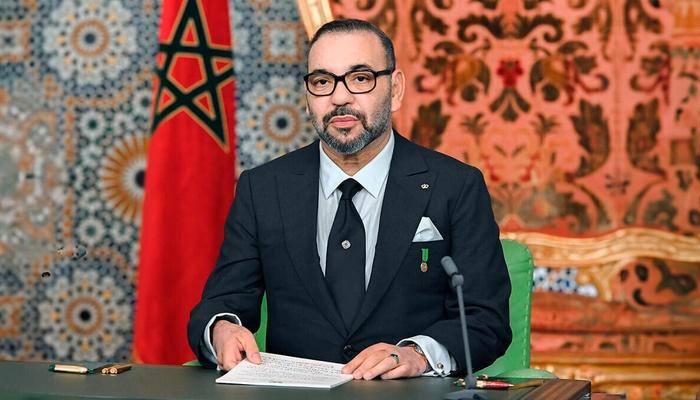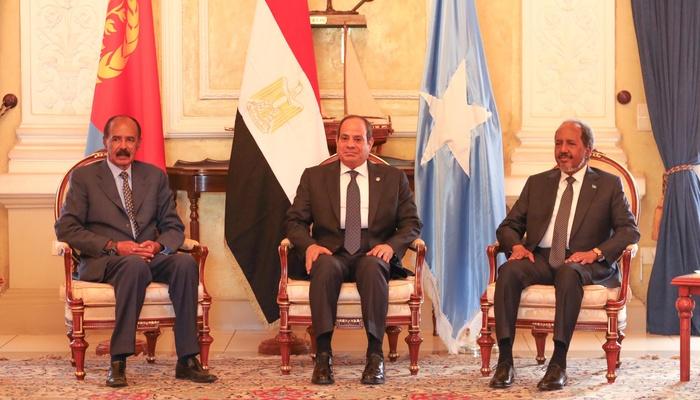Renewed Tensions in Nagorno Karabakh: the Role of Moskow
The 11th of April, in Armenia’s Syunik region, a clash between the Azerbaijani army and the border guards led to the death of at least seven people and to several wounded. The cause of the firefight would appear to be related to a dispute concerning the location of the border line between the two countries. The lack of retaliation by the Armenians might be a proof that the country has partially given up on confronting Azerbaijan, attempting to reach a diplomatic agreement that would provide security guarantees. On the Azerbaijani side, this incident is part of a series of actions which took place in recent months that might be aimed at putting pressure on Yerevan regarding the issue of Nagorno Karabakh. The clash between Armenia and Azerbaijan does stem from disputes over the control of the Armenian enclave and is the longest-running and most violent-except for the war in Ukraine-of the frozen conflicts of the post-Soviet space. Armenia and Azerbaijan are traditionally supported by Russia and Turkey, respectively. The element of novelty is the Russian’s ambiguity. For the Kremlin, at this stage, both Caucasian countries are strategic: Armenia because it hosts Russian bases and Azerbaijan as an energy and trade partner in the Caspian Sea and as a corridor towards Iran.
Currently, Armenia appears to be the actor in the most delicate position considering the balance of forces in the region. With the defeat suffered in 2020, which led to the Azerbaijani reconquest of almost all the territories occupied by Armenia in 1992, the situation has become critical, and the country is, nowadays, in a vulnerable position vis-à-vis its neighbourhood. One of the demonstrations of Yerevan’s current difficulties is the clash between Premier Nikol Pashinyan, who has been accused of not being tough enough on Azerbaijanis, and the more radical fringes of Armenian society who consider him too moderate on the issue of Artsakh, the name Armenians use to refer to the Nagorno Karabakh region.
There are three main issues that make the Armenian position difficult to sustain at this stage. One is the reduction of Russian involvement in the defence of Yerevan and in its support of the Armenian war effort in Karabakh. The second concerns the fact that the rivalry with Baku has now become financially unsustainable because the two countries, locked in a constant arms race for 30 years, have radically different economic possibilities. Armenia’s only advantage from a military spending perspective is its access to Russian weaponry at a discounted price as a member of the Collective Security Treaty Organization (CSTO), yet the country managed to spend only $754 million in 2022 compared to the $2.6 billion spent by Azerbaijan, that, unlike Yerevan, enjoys huge revenues from the sale of fossil fuels and buys its weapon systems, mainly, from Russia, Turkey, and Israel. The third issue concerns the complex relations between Armenia and Turkey. Indeed, the latter openly supports Azerbaijan and keeps its borders with Armenia closed blocking its access routes to the west.
Azerbaijan, on the other hand, is currently on the rising tide. Victory in 2020 has given Baku a commanding lead over Armenia and strengthened its international position. Azerbaijani success in the 2020 war is linked, in large part, to the military support of Turkey and Israel, which have supplied Baku with drones and loitering munitions capable of nullifying the Armenian advantage given by the control of strategic defensive positions. Turkish-supplied Bayraktar TB-2s and Israeli switch-blade drones enabled Baku to saturate and overrun Armenian air defences, allowing the army to advance and recapture almost all of the territories under Armenian control. Demonstrating its current position of strength, Baku implemented - since the 12th of December 2022 - a blockade of the corridor that allowed the transit of Armenian supplies to Nagorno Karabakh. This action contributed to making the situation in the region unsustainable, forcing Yerevan to come to terms with Azerbaijan to break the stalemate.
As of today, Moscow has an ambiguous position regarding the conflict. In fact, the Russians aim at balancing support for Armenia, now reduced compared to the past, with the maintenance of favourable relations with Azerbaijan and good relations with Turkey. The Kremlin proved that it did not want military involvement when, in both the 4-day clashes in 2016 and 2020, it ignored Armenia’s requests, even though Armenia as a member of the CSTO was demanding Moscow’s entry in deference to the alliance treaty. Since the end of the 2020 conflict, Moscow has deployed peacekeepers in the Nagorno region to monitor compliance with the terms of the truce. Yet despite the 2,000 soldiers, the Russians are not interfering with the blockade that the Azeris are enforcing on Nagorno Karabakh and are not reacting to border skirmishes between Baku and Yerevan creating further doubts about Moscow’s position.
Currently, Russia has serious difficulties in supporting official diplomatic initiatives because in the Minsk Group, a body established by the Organization for Security and Cooperation in Europe (OSCE) to mediate between the two Caucasian countries, Moscow is joined by Paris and Washington with whom, at this time, relations have deteriorated because of the Russian-Ukrainian conflict. The Kremlin’s mistrust of the other members of the Minsk Group is making the relationship between Russia and Armenia extremely complex as Moscow wants to maintain its grip on the Caucasian country but at the same time it must try to isolate it from the West, as proved by the constant diplomatic warnings about Yerevan’s, perceived, pro-Western attitudes. Moreover, Moscow, having to concentrate its resources in the Ukrainian theatre, no longer has the availability of means to support Armenia in the arms race, let alone the will to manage a conflict in the South Caucasus.
The other actors playing a role in the conflict are Turkey, an important supporter of Azerbaijan, and, to a lesser extent, Israel and Iran. Turkey is exploiting the Nagorno Karabakh conflict to strengthen its position in the South Caucasus and to attempt to exploit the gaps left by Russian foreign policy. It should, however, be considered that due to the deep economic difficulties Turkey is experiencing now, it is unclear whether support for Azerbaijan will be scaled back in the medium to long term. Turkey in its military support for Baku is joined by Israel, which seeks to move closer to the Caucasian country as evidenced by the opening of the Azerbaijani embassy in Tel Aviv in 2022 and the supply of Israeli weapons to the Azerbaijani Armed Forces, including Harop loitering munitions already crucial in the Azerbaijani victory in 2020.
One actor that has not taken part in the conflict but has clear strategic interests in the area is Iran. Tehran, in fact, has kept itself out of Nagorno issues while still maintaining a hostile posture against Azerbaijan because Baku’s success in the region could trigger centrifugal drives in the Azerbaijani population there. Iran became more active last year when it organized massive military drills on the Azerbaijani border and opened a consulate in Armenia’s Syunik region, in the town of Kapan, creating an obstacle to a possible Azerbaijani attempt to establish links with the Nakhichevan enclave. It stands to reason that, should Israeli support for Azerbaijan continue, Iran might side more openly with Armenia to counterbalance hypothetical Tel Aviv gains in the South Caucasus.
The last two actors, who have not played a role in the issue so far, are Pakistan and India. In fact, Pakistan has been part of an alliance with Azerbaijan and Turkey since 2018. India, on the other hand, is the country Armenia is moving towards for the purchase of heavy weapons to compensate for the lower availability of supplies from Russia, with the first purchase expected to be around $245 million. The increased Indian involvement, at this stage, seems related to the Pakistan-Azerbaijan link, rather than to Delhi’s direct interests in the region.
In conclusion, it can be said that the situation in Nagorno Karabakh now seems to be in Baku’s favour since Yerevan is isolated and Russia is increasingly unwilling to support it while Azerbaijan’s allies are very active in supporting Ilham Aliyev’s government.





